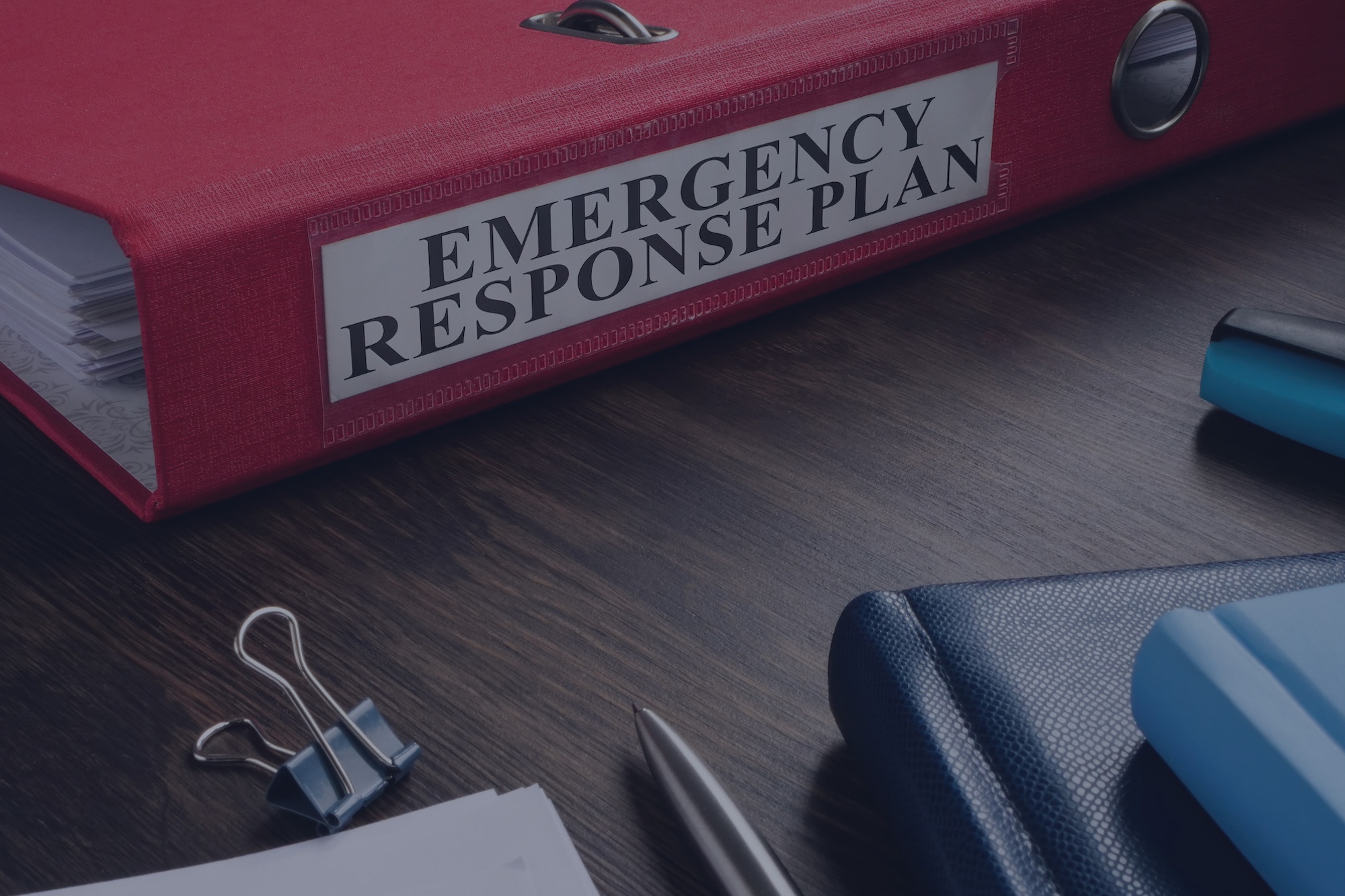Scheduling emergency management training into the school timetable is vital as we approach the 2024 academic year. Our schools are central to our communities and must uphold safety, preparedness, and resilience.
Why is Emergency Management Training so vital?
1. The Landscape of Risks is Changing
From global pandemics to natural disasters, as well as cybersecurity and child safeguarding threats, schools face a complex and ever-changing landscape of risks that demand a proactive approach to emergency management, critical incident management, and business continuity programs.
Understanding the complexity of these challenges is the first step towards developing effective emergency management strategies.
2. Staff and Student Safety
At the core of emergency management is the well-being of all personnel. When safety is prioritised through effective emergency management training and planning, the school can provide a safe and secure teaching and learning environment, empowering students to engage, participate, and excel in their academic endeavours.
3. Ensure Learning Continues
Whether it’s a natural disaster that damages physical infrastructure or a health crisis that necessitates remote learning, business continuity ensures that the learning process continues uninterrupted. In addition, with our increasing reliance on technology, strategies to deal with cyber threats, data breaches, and system downtimes are paramount.
4. Ensure Teachers are Prepared
Ensuring that teachers (and other staff) are adequately trained in emergency protocols is essential for school safety. In any critical incident or situation, students look to adults for guidance, reassurance, and direction. By empowering our staff with the right tools and training, we not only bolster the safety infrastructure of our schools but also instil confidence in our teachers, ensuring they can act decisively and effectively in critical situations.
5. Create a Ripple Effect of Preparedness
When staff and students are trained and drilled in emergency protocols, they carry this knowledge home and into other workplaces. They become ambassadors of safety in their communities, creating a ripple effect. Integrating emergency management training in schools builds a safer school environment and contributes to more resilient communities.
Scheduling emergency management training into the school timetable might seem challenging. However, it is a crucial step to ensuring the safety and preparedness of our schools in the face of evolving risks.
So, how can Emergency Management Training be seamlessly integrated into the school timetable?
Integrating emergency management and critical incident management training for staff doesn’t have to disrupt the academic schedule. Here’s a suggested approach to seamlessly integrate Emergency Management into the school timetable:
- Professional Development Workshops: Plan and designate specific workshops on dedicated days throughout the year for emergency preparedness, covering first aid, emergency management, critical incident management, and evacuation/lockdown protocols.
- Scenario-Based Training: Incorporate realistic scenarios into school days, allowing staff to engage in practical activities in real time. This hands-on approach ensures they’re not just theoretically prepared but also practically equipped to handle real-life emergencies.
- Tech Preparedness: With the rise of digital platforms in education, ensure staff are familiar with and updated on emergency technological protocols, such as backup systems and communication tools, for remote teaching during unexpected shutdowns. tools, for remote teaching during unexpected shutdowns.
The need for an effective emergency management, critical incident management, and business continuity program is no longer optional. It is necessary to ensure that our educational institutions are well-equipped to manage unforeseen incidents, minimise disruptions, and, most importantly, guarantee the safety of staff and students.
If you would like to learn more about how Bounce Readiness can provide Emergency Management training, please get in touch.

